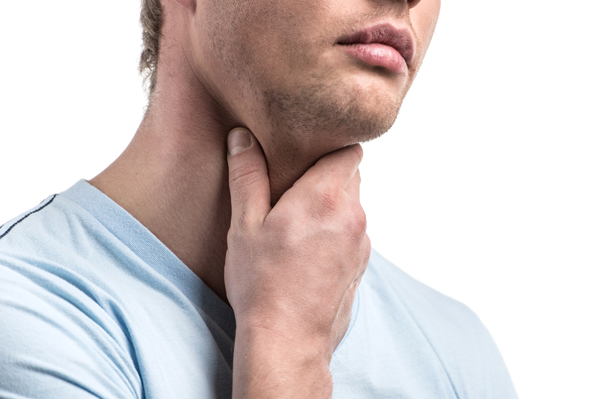Studies show that thoracoscopic and laparoscopic oesophagectomy in a prone position to treat oesophageal cancer can be safer in comparison to a traditional open procedure. This technique brings many benefits to patients, including a visually improved surgical site, less possible post-surgical respiratory complications and shorter recovery time.

Mr N. V. T., from Song Cau, Phu Yen, experienced sudden weight loss, pain and tightness across his chest and began to choke sometimes. Whilst visiting a clinical facility to check his health problems, he learnt the tragic news he can had been diagnosed with oesophageal cancer. Due to the emotional shock on hearing the news, Mr T. was bedridden. However, inspired by his wife’s encouragement, Mr T. was determined to fight against his fatal disease though he did not believe he could be completely cured!
Visiting FV Hospital from Phu Yen, Mr T. was diagnosed with oesophageal cancer at stage 3A; lymph nodes were metastasis but not invaded yet.
Dr Do Minh Hung (PhD.), Head of General Surgery at FV Hospital, is an experienced surgeon in oesophageal cancer treatment, and was in charge of Mr T.’s case. According to Dr Minh Hung, this particular case was very complicated with high risks, as it required lymph nodes dissection at mediastinum, an area with a large concentration of many blood vessels and nerves, as well as being close to heart. Based on conducted examinations and subsequent test results, Dr Minh Hung decided to perform radical lymphadenectomy, and thoracoscopic oesophagectomy while Mr T. lay in a prone position. Dr Hung would then place a gastric tube by laparoscopy and connect said tube to the oesophagus.
On the 25th of August 2016, Dr Minh Hung and his team performed oesophagectomy and lymphadenectomy on Mr T.. Firstly, he was anaesthetized with a single-lumen endotracheal tube. This was followed with oesophagectomy and mediastinal lymph nodes dissection, the oesophagectal artery was then preserved, and the amputated oesophagus was reconnected. This was then followed by a chest tube insertion and right lung ventilation. Mr T. then was turned face-up to undergo laparoscopy which involved totally laparoscopic gastric mobilization, abdominal lymphadenectomy, and gastric tube formation for the replacement of oesophagus. Jejunostomy also was performed via endoscopy to feed the patient in initial days following the surgery. Dr Minh Hung then incised another port at the left side of the patient’s neck to dissect the cervical oesophagus. The oesophageal tumour and gastric tube were then brought forward out of the patient’s neck through mediastinum. The cervical oesophagus was cut and then connected with gastric formed tube to form an upside down T-shape.
The surgery lasted for 8 hours and caused no injuries to chest tube and recurrent laryngeal nerve but left the patient with a 5-cm incision on his neck, four incisions from 5 to 12mm on his abdomen for endoscopy, which helped to reduce infection risks and sped up the recovery process.
Mr T. was discharged 10 days after the surgery. His health was good and he felt much better. At the most recent follow-up visit with Dr Minh Hung, Mr T.’s health was assessed to be positive. The post-surgical complications were insignificant and the cure for his cancer is totally possible. Oesophagectomy is a demanding procedure and contains high risks with post-surgical complications, which may come from the hospital environment or anaesthetics. Therefore, if the clinical environment and surgical team are not qualified and professional in their work, the risk of unexpected complications would be higher.
There are not many doctors and hospitals in Vietnam who can currently perform successfully thoracoscopic oesophagectomy combined with lymphadenectomy, as typically, dissection of mediastinal lymph nodes are located along a recurrent laryngeal nerve and have high risk of metastasis. Dr Do Minh Hung (PhD.) working in General Surgery at FV Hospital is a surgeon who has lot of experience in conducting thoracoscopic oesophagectomy with prone position. This approach was firstly done by Dr Minh Hung in April 2014 and since then tens of patients were treated successfully using this procedure.

 Vi
Vi 












